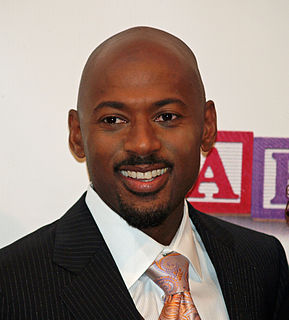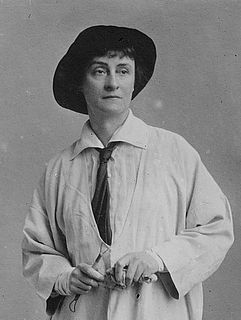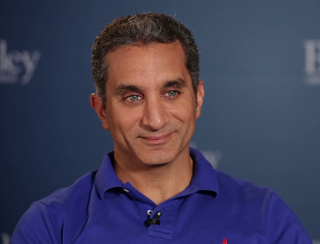A Quote by Joanne Harris
In the old days of literature, only the very thick-skinned - or the very brilliant - dared enter the arena of literary criticism. To criticise a person's work required equal measures of erudition and wit, and inferior critics were often the butt of satire and ridicule.
Related Quotes
Everybody has a different idea of when those good old days were, but everyone is convinced that there was a time when literature really mattered and that it doesn't now. They also tend to believe that it really matters someplace else - in very improbable places often. Russia is someone's idea of a place where literature really counts.
Pedants make a great rout about criticism, as if it were a science of great depth, and required much pains and knowledge--criticism however is only the result of good sense, taste and judgment--three qualities that indeed seldom are found together, and extremely seldom in a pedant, which most critics are.
I don't have a very high opinion, actually, of the world of criticism - or the practice of criticism. I think I admire art criticism, criticism of painting and sculpture, far more than I do that of say films and books, literary or film criticism. But I don't much like the practice. I think there are an awful lot of bad people in it.
When we overthrew Mubarak, we did this in 18 days. And because we were very naive and very unexperienced in revolutions, we thought that that was it. It is very difficult to imagine that you can actually get rid of a dictatorship that has been there for 60 years only in 18 days. So we were very naive.
First one gets works of art, then criticism of them, then criticism of the criticism, and, finally, a book on The Literary Situation , a book which tells you all about writers, critics, publishing, paperbacked books, the tendencies of the (literary) time, what sells and how much, what writers wear and drink and want, what their wives wear and drink and want, and so on.
In the spiritual domain, criticism is love turned sour. In a wholesome spiritual life there is no room for criticism. The critical faculty is an intellectual one, not a moral one. If criticism becomes a habit it will destroy the moral energy of the life and paralyse spiritual force. The only person who can criticise human beings is the Holy Spirit.
It is commonly said that ridicule is the best test of truth; for that it will not stick where it is not just. I deny it. A truth learned in a certain light, and attacked in certain words, by men of wit and humor, may, and often doth, become ridiculous, at least so far, that the truth is only remembered and repeated for the sake of the ridicule.



































